

Hi, my name is Casandra and I am from the United States of America (USA). A lingering pain in my abdomen prompted me to seek medical attention and after some tests, I was diagnosed with stage 2 colon cancer in January 2025. Following my diagnosis, I have undergone surgery and taken pain medication to manage my condition. Thankfully, I was declared cancer-free in February 2025.
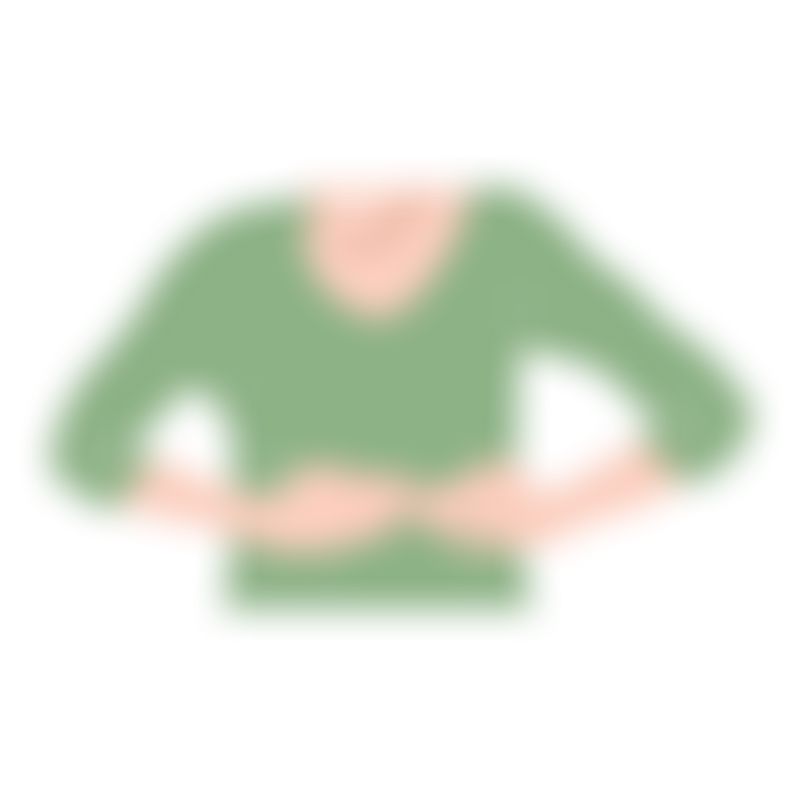
I had a pain in my abdomen causing me extreme discomfort which my doctor and I believed to be IBS. However, I suspected that it could be cancer and 6 months to a year later, I was finally listened to and they took blood and stool samples. I also underwent CT scans, colonoscopy and endoscopy. Three hours after my colonoscopy, they called me and told me I needed to see the surgeon right away. I was in to see the surgeon that same week, during which I received my diagnosis of stage 2 colon cancer.
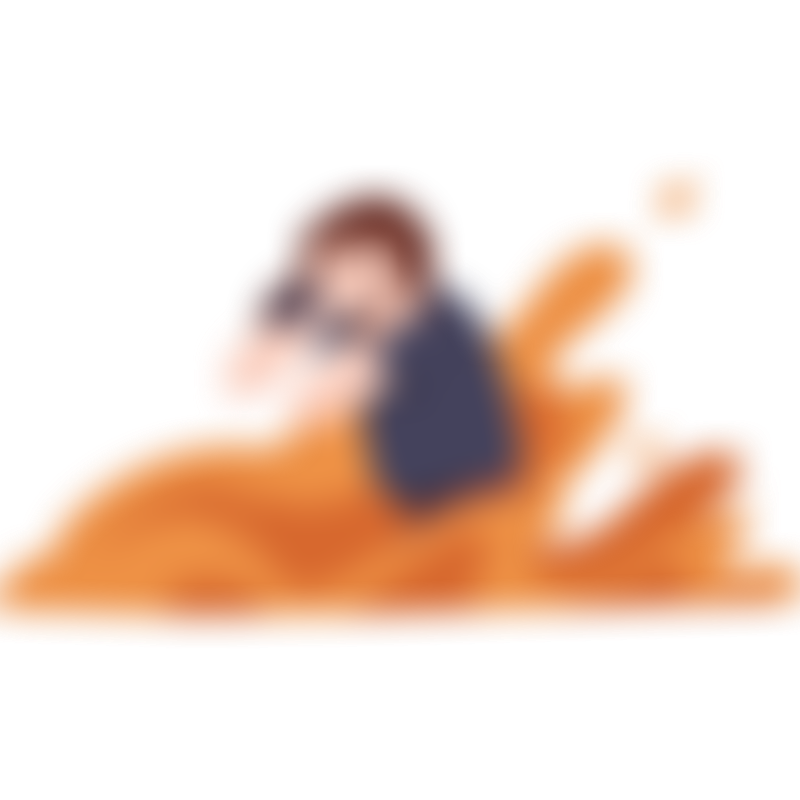
When I first received my diagnosis, I was angry because I have been telling the doctors for two years that I believed it was colon cancer. I was also sad and fearful because well, it's cancer and I have a son. I was afraid that they had waited too long to listen to me to do the right test and that it was too late. I should have gone to other doctors till one listened to me.
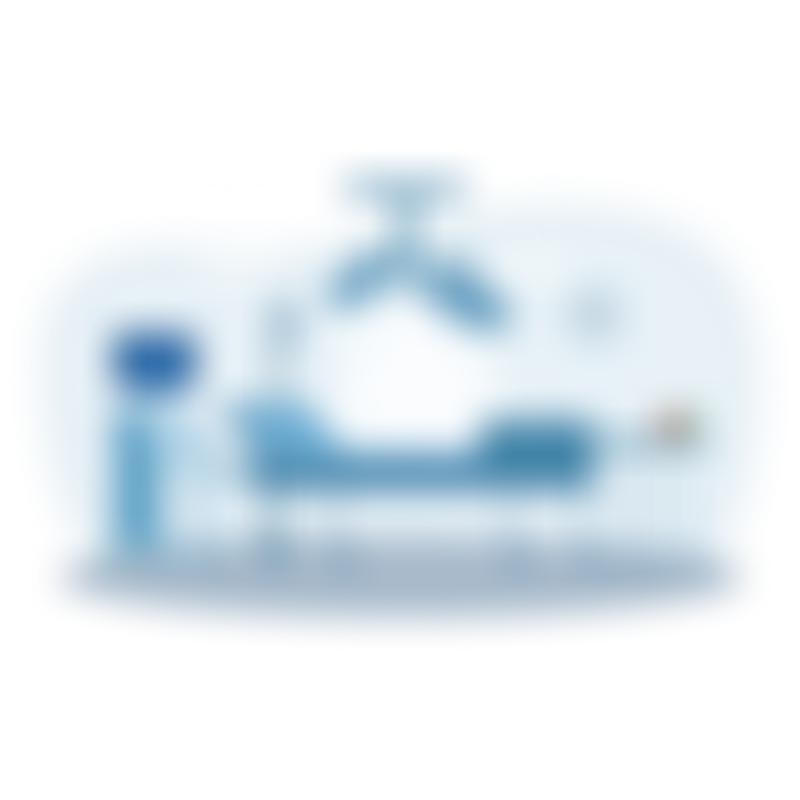
Following my doctor’s recommendation, I opted for a partial colectomy (removal of a part of the colon) together with the removal of my lymph nodes. I also took pain medication to manage my condition. Honestly, I was fearful even after deciding on this. It scared me that I was going to have surgery to remove most of my large intestine and 16 lymph nodes around it. In terms of financing my treatment, I am covered by insurance.
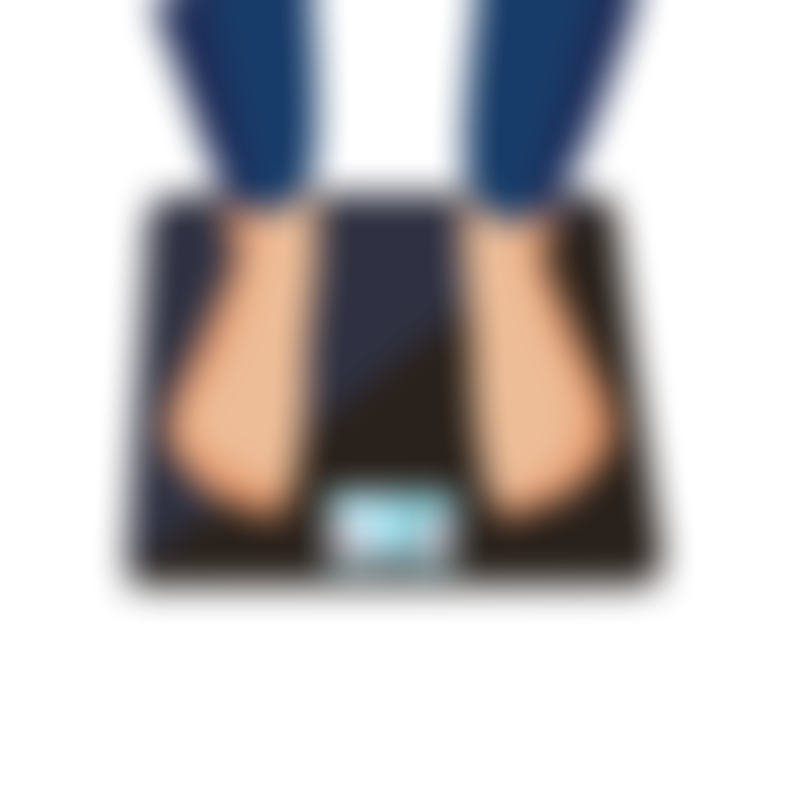
As a result of treatment, I struggled with a loss of appetite, weight fluctuations and fatigue. It got hard for me to get out of bed or do anything at all. However, I did not do anything to manage these side effects. I still don’t have the energy.
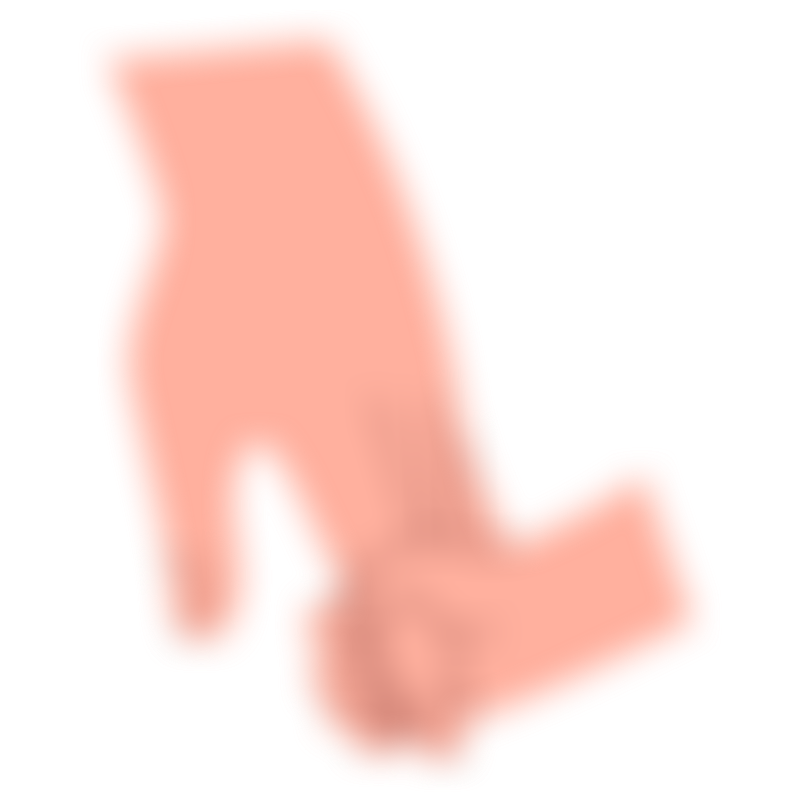
I don’t have any plans other than to live and to make sure the doctors don’t overlook the concerns I have that I may still have cancer. I want to live for me and my child.
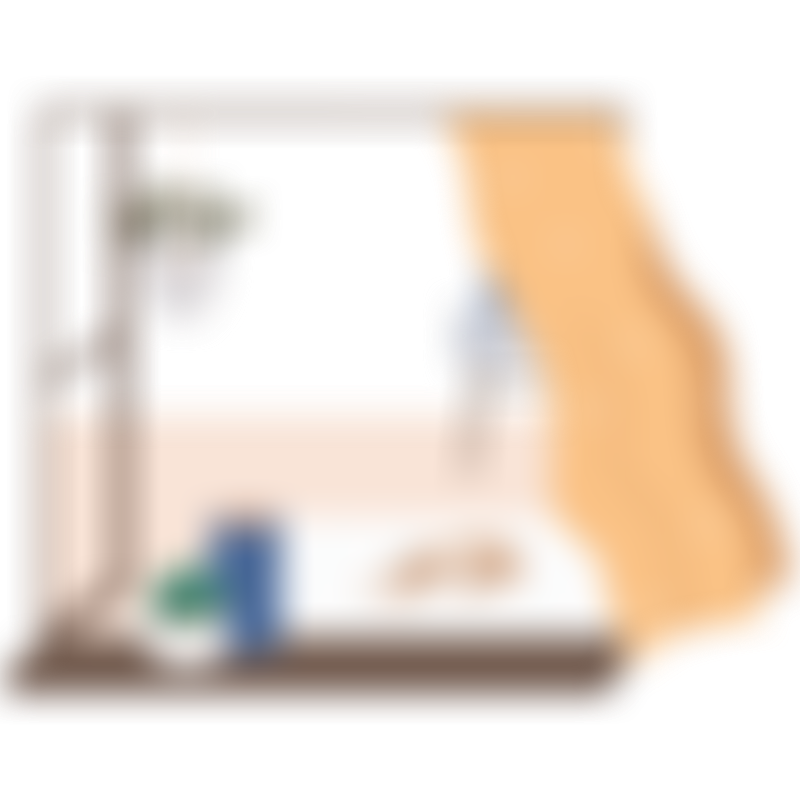
I am disabled and have already been before I was diagnosed with cancer. Hence, I have not been working.
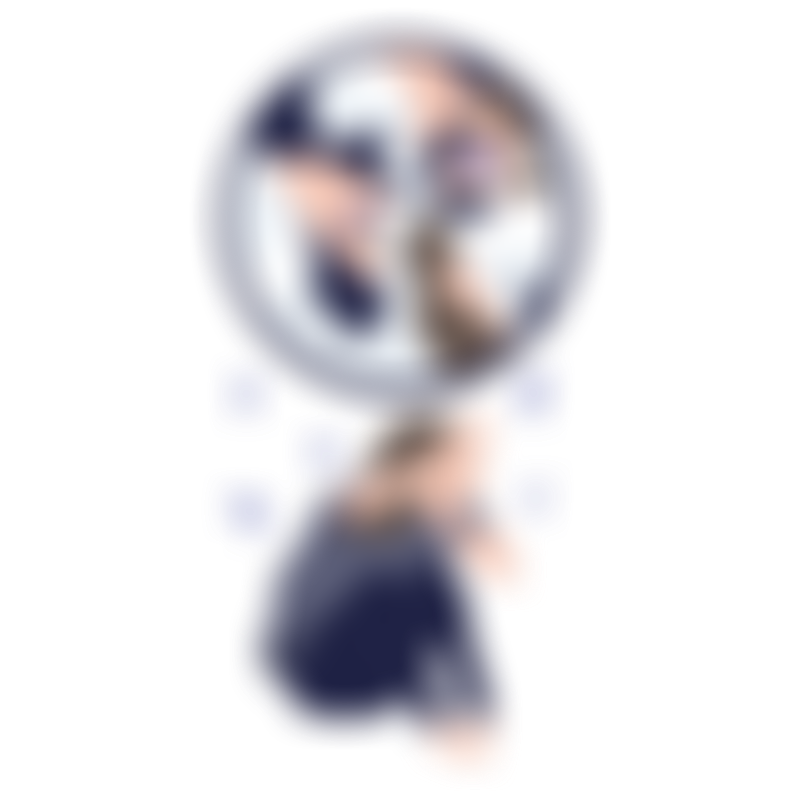
My cancer diagnosis deeply affected my day-to-day life and self-esteem/self-image. However, my social life and relationship with loved ones took the greatest hit. I haven't gotten over it or through it. I'm still struggling due to not having trust in the doctors, not having my family close by, and because I pushed my friends away.
Even though I have been declared cancer-free, there are still many challenges that I am facing as a cancer survivor. These include:
- Emotional or psychological impact
- Physical side effects
- Changes in body image or appearance
- Ongoing medical care or check-ups
- Social or relationship difficulties
- Fear of recurrence
However, I haven’t really found a way to cope with these.

Being diagnosed with cancer forced me to confront fears I never imagined I would have. These include:
- Fear of the cancer returning (recurrence)
- Fear of not surviving or dying
- Fear of undergoing treatment
- Fear of losing independence or ability to care for myself
- Fear of changes in appearance or body image
- Fear of being a burden to loved ones
- Fear of not being able to continue with normal life or activities
- Fear of the impact on family or relationships
However, I did not try to actively overcome my fears.
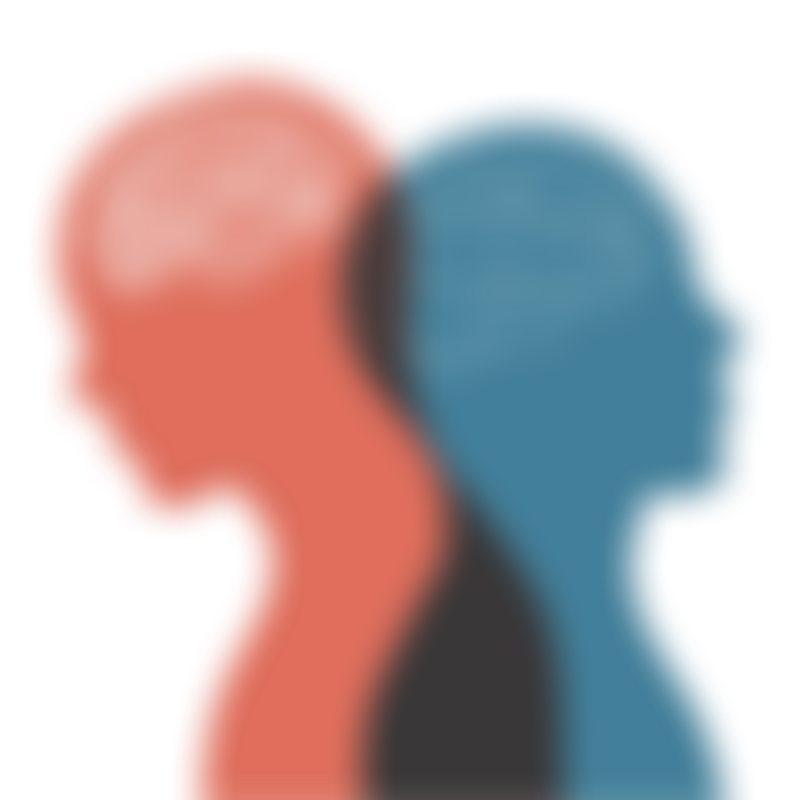
I still feel the same as before. I am angry but I am more optimistic now. I feel this way because of all that has occurred. I told them for two years that I suspected I had cancer but the doctors ignored me, overlooked my fears and my symptoms. Now I have a fear of doctors.
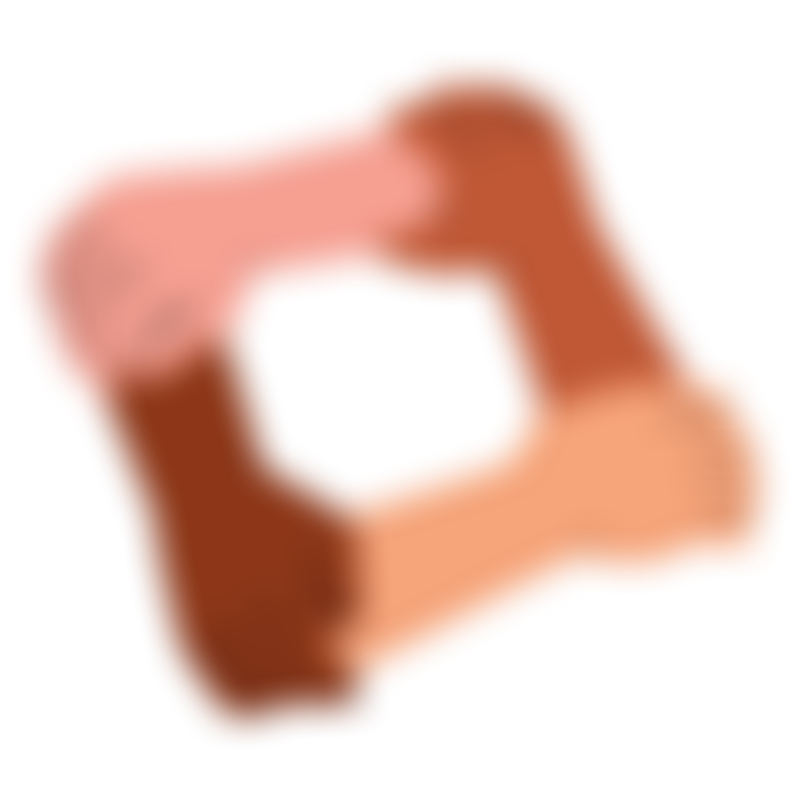
Don’t give up. Stay stress free. Stay positive. Know that God has a plan for us all.
Don’t overlook your symptoms. We know our bodies the best so don’t let a doctor or anyone tell you differently, unless they have done the proper testing. Don’t let them or yourself ignore the signs and symptoms.
Life after cancer is a challenge. You should keep your family and friends close because even though you are over the mountain, you still have to come down from it and need their support to do so.
This patient's story is published and shared with their full consent. Any personal data that can be used to identify the patient has been omitted.
Click here for more information.